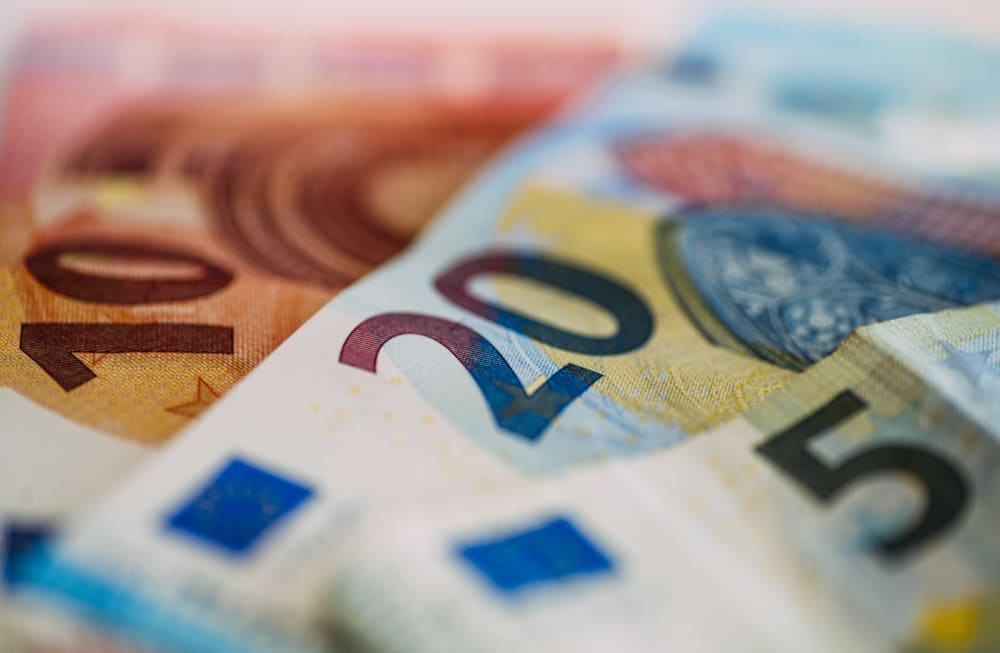Growing like a weed: Europe’s budding cannabis market to see heightened deal flow amid looser rules – Dealspeak EMEA
The European cannabis market is set to hit new highs following Germany’s legalisation of possession of small amounts of the substance, with more countries expected to relax regulations for medical use in the next few years.
Dealmakers are already beginning to take notice. In April, Flora Growth Corp [NASDAQ:FLGC] of Canada announced the acquisition of TruHC Pharma, a German company with a license for medical cannabis. The rationale for the deal specifically mentioned the change to the law, saying the target was “built for this moment.”
The deal is the only one so far in Europe this year, according to Mergermarket data. However, the sector has already yielded at least one mega-deal in 2021, with Irish pharmaceutical company Jazz Pharmaceuticals’s [Nasdaq:JAZZ] EUR 5.6bn acquisition of UK-based GW Pharmaceuticals. The target develops cannabinoid-based prescription medicines.
The European cannabis market lags far behind the US and Canada, where the substance has largely been fully legalised. With the tide now starting to turn on this side of the pond, investors should grab opportunities before valuations puff up and the chance for big returns goes up in smoke.
“Get involved today and you are likely to make very good returns. People who wait are very likely to see inflated multiples, and many will be priced out”, said Henricus J. Stander III, chairman at Swiss cannabis company Marry Jane.
Big Leaf
Big players in the US and Canada are already thinking hard about the opportunities. For example, in March, US-headquartered vertically integrated cannabis company Curaleaf [TSE:CURA] announced the acquisition of Northern Green Canada Inc of Ontario, which has a focus on international expansion through its EU Good Manufacturing Practice (EU-GMP) certification. This allows holders to distribute and sell anywhere in the world.
The deal marked a significant milestone in Curaleaf’s expansion strategy, particularly in Europe, the announcement reads, noting the opportunities allowed by the developments in the German market. Germany has a population of nearly 84m, which is more than double Canada’s 39m.
One difference between Europe and North America is that a lot more venture capital (VC) money was invested in cannabis startups after legalisation in the US and Canada. The interest of VCs were spiked by the 113 cannabinoids (compounds in the cannabis plant), including tetrahydrocannabinol (THC) and cannabidiol (CBD). THC is more psychoactive than CBD.
“In Germany for example there were three or four companies that raised substantial amounts of money to grow THC products, which has a higher margin [than CBD],” said Stander. “But the companies have since been scrambling to create a new model and are now trying to position as medical cannabis companies.”
On the other hand, many of the cannabis companies listed in the US and Canada have seen their valuations take a hit in recent years, delivering a major buzzkill on investors’ desire to keep rolling with sector investments. But, with the US cannabis multistate operators (MSOs) ending 2023 flat and stocks up by 28% as of 17 April, the industry seems to be piping up again nicely.
The MSOs themselves are potential buyers for European cannabis startups, as Micheal Sassano, the founder and interim CEO of a Portuguese medical cannabis company told Mergermarket in an interview last week. He identified his company, SOMAÍ Pharmaceuticals, as a potential future target.
Prominent names in the industry include Canada-headquartered Verano [NEO-L Lit:VRNO], Florida, US-based Ayr Wellness [CNSX:AYR.A] and Trulieve [CNSX:TRUL], and Chicago-based Green Thumb Industries [CNSX:GTII] and Cresco Labs [CNSX:CL]. Another buyer group is tobacco companies, with British American Tobacco (BAT)[LSE:BATS; NYSE:BTI] already invested in the sector. On the sellside, Mergermarket‘s generative artificial intelligence tool lists 14 VC-backed cannabis players.
High time for IPOs?
The budding state of the European cannabis market and prevailing regulatory environment towards sector operators mean limited options to companies wishing to list on a stock exchange. At the moment, only Frankfurt’s stock market allows cannabis companies, but even then, only on the secondary board.
But Sassano, whose company SOMAÍ considers listing as a future option, remains optimistic that the situation will change only in the coming year, or two as new regulatory policies are adopted in more European countries.
Up until now, cannabis has not been fully legalised in any European state; not even in the Netherlands where it remains illegal although the law has consciously not been enforced for about 30 years. The Netherlands, like some cantons in Switzerland, is now running a pilot programme as it considers a full legalisation of cannabis. The new German law allows recreational use, but there are still many restrictions.
While other European markets are expected to keep a close watch on Germany, the Netherlands and Switzerland, and slowly follow suit, the transition is not likely to be a joint decision on the EU level.
“The Czech Republic, France, and Spain will probably slowly open based on the experience of the first markets, Marry Jane’s Stander said. “I would say most people believe that over the next 10 years there will be a fully free European [cannabis] market. But it might not fully materialise, some markets might just stop at medical cannabis.”
While there might be doubts about the benefits of recreational use, there is no denying the future of at least some cannabinoids in medicine. After all, you can’t spell healthcare without THC.











